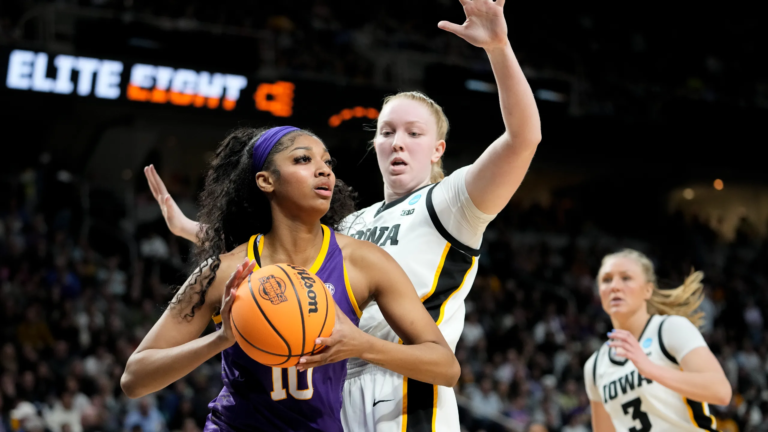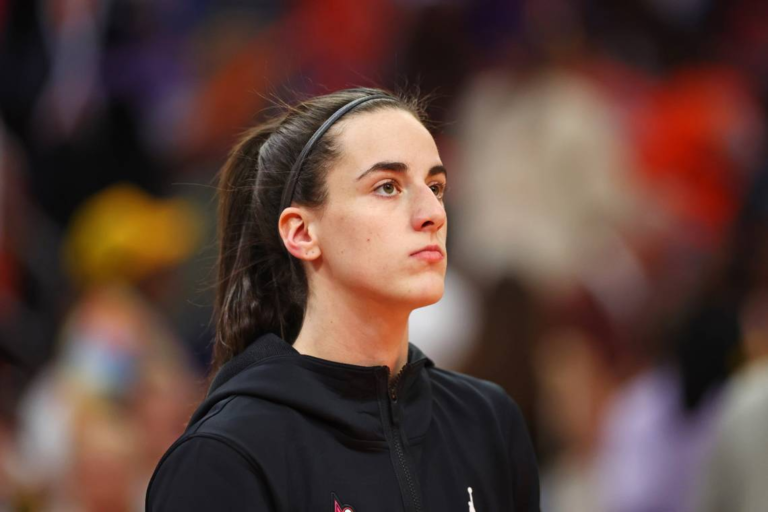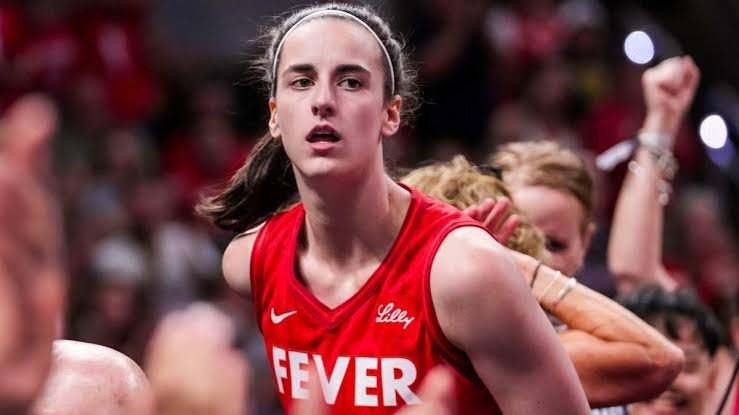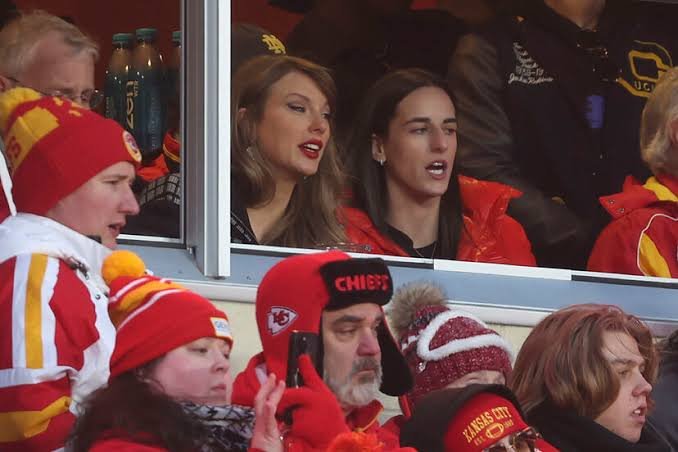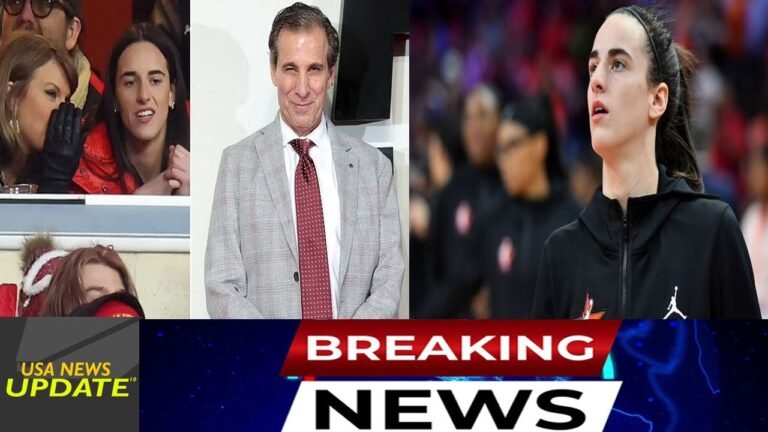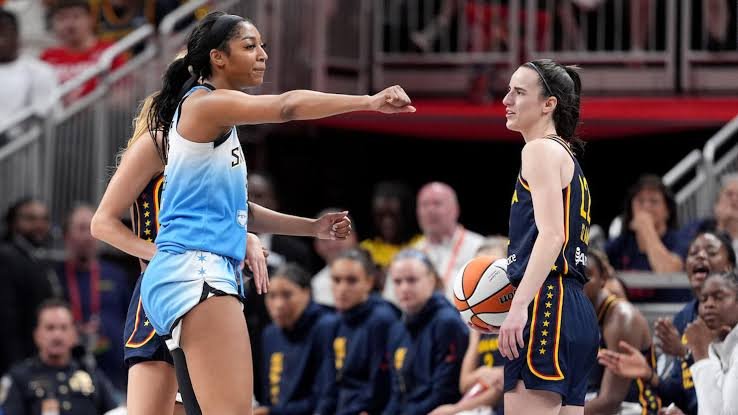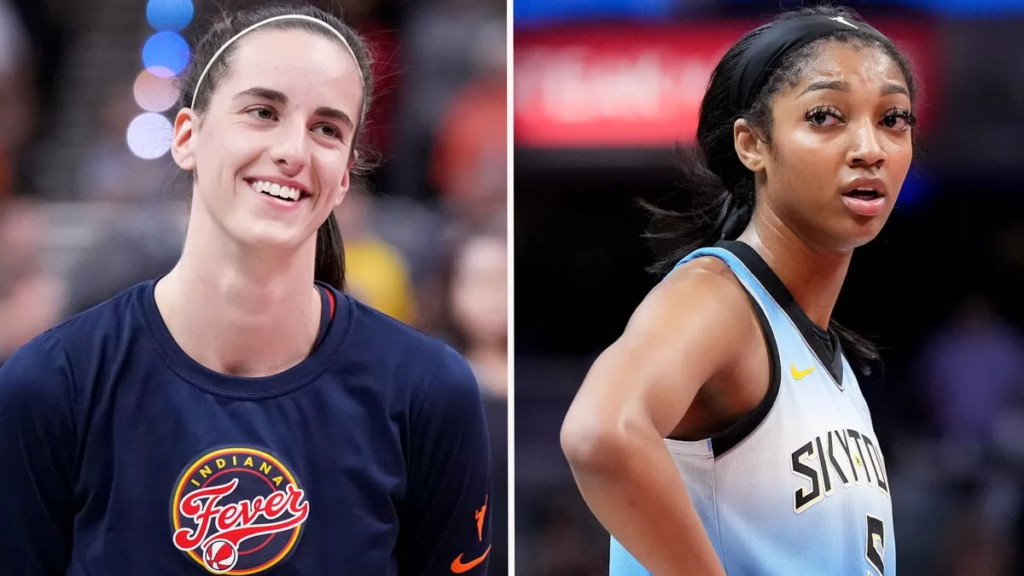
On Wednesday, Caitlin Clark, the Indiana Fever’s star guard, marked her 23rd birthday in true Clark fashion. She dedicated her day to refining her game, showcasing her phenomenal shooting prowess during offseason workouts. With an eye toward dominating the WNBA in 2025, her relentless commitment left fans in awe. Off the court, Clark found her social media flooded with birthday tributes from notable figures, including former Iowa teammate Kate Martin, NBA star Tyrese Haliburton, and her boyfriend, Connor McCaffrey. However, one notable absence stirred controversy—the WNBA itself failed to acknowledge its Rookie of the Year’s milestone.
Historically, the WNBA has celebrated players’ birthdays through official social media posts, but this year marked a stark departure. Fans unearthed examples of past birthday wishes for stars like A’ja Wilson and Angel Reese, questioning why the league neglected to celebrate its most prominent player. Although Reese was the only player to receive such recognition in 2024, Clark’s passionate fanbase argued she warranted special acknowledgment. Outraged supporters took to social media, lambasting the WNBA for its oversight and lack of promotion for its brightest star.
The criticism wasn’t limited to the missed birthday acknowledgment. The WNBA faced a broader backlash for its social media approach to Clark’s recent high-profile moments, including her attendance at a Kansas City Chiefs playoff game with Taylor Swift and Travis Kelce. Despite ESPN spotlighting Clark’s presence during the game, the league remained silent, missing a golden opportunity to connect with wider audiences. In contrast, leagues like the NWSL capitalized on such celebrity interactions to boost visibility, exposing the WNBA’s faltering promotional strategy.
This oversight comes at a precarious time for the league, as new women’s basketball ventures like the Unrivaled League seek to capture fans’ attention. Clark, whose rookie season drove record-breaking viewership—19 of the 23 games exceeding one million viewers featured her—has become a central figure in the league’s growing popularity. By failing to leverage her star power, the WNBA risks losing momentum in an increasingly competitive landscape.
Ultimately, the absence of a birthday post for Caitlin Clark represents more than just a social media slip-up—it’s emblematic of missed opportunities to celebrate and elevate the league’s most marketable players. As Clark continues to shine on and off the court, fans and critics alike are calling on the WNBA to do better in promoting the athletes who define its future.


